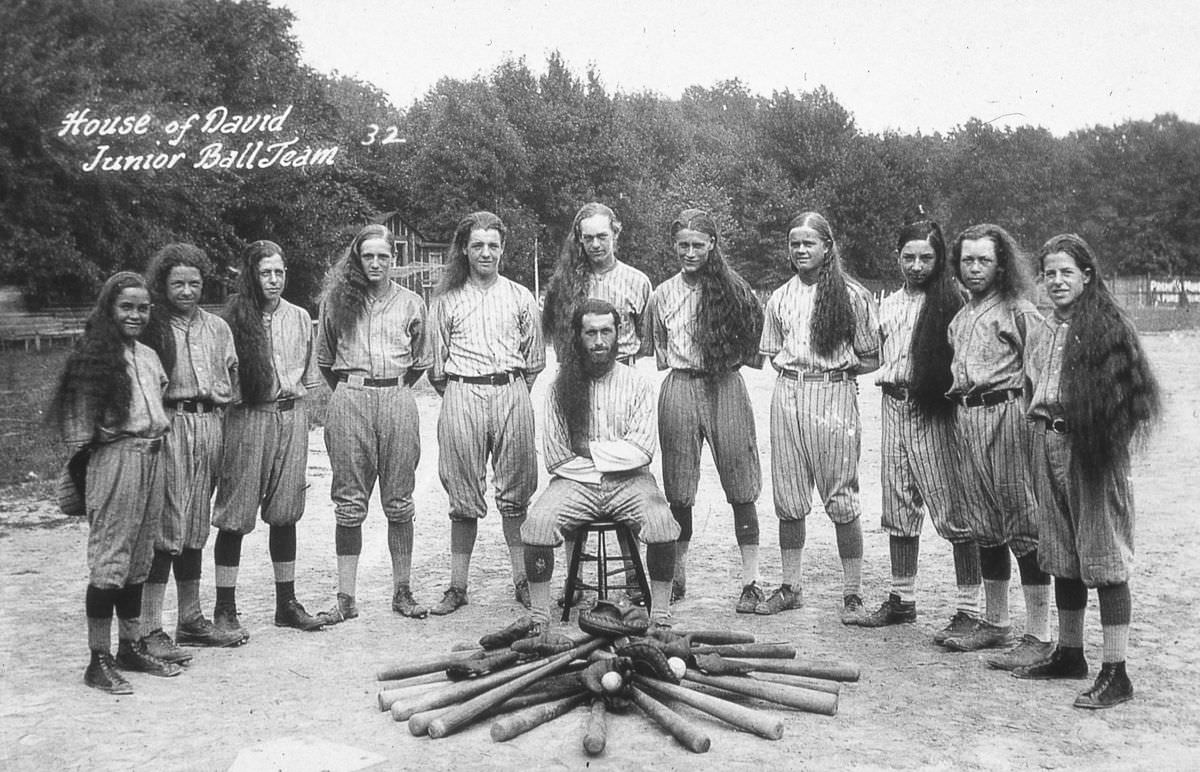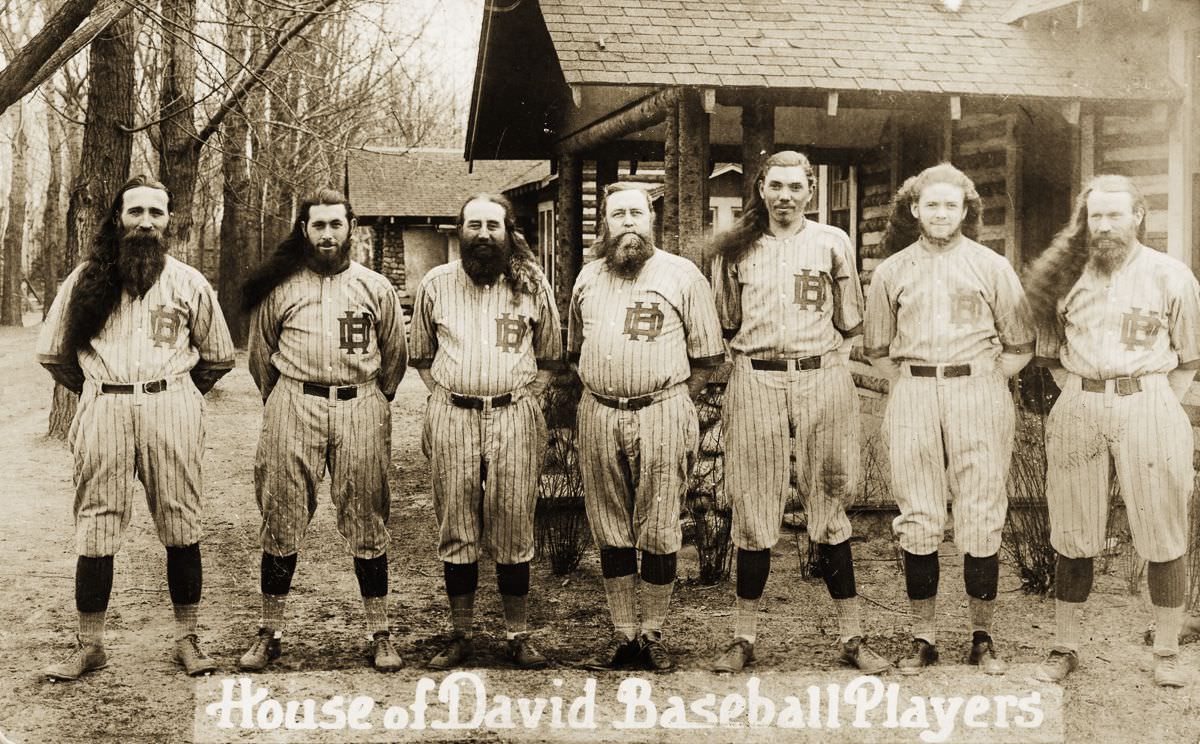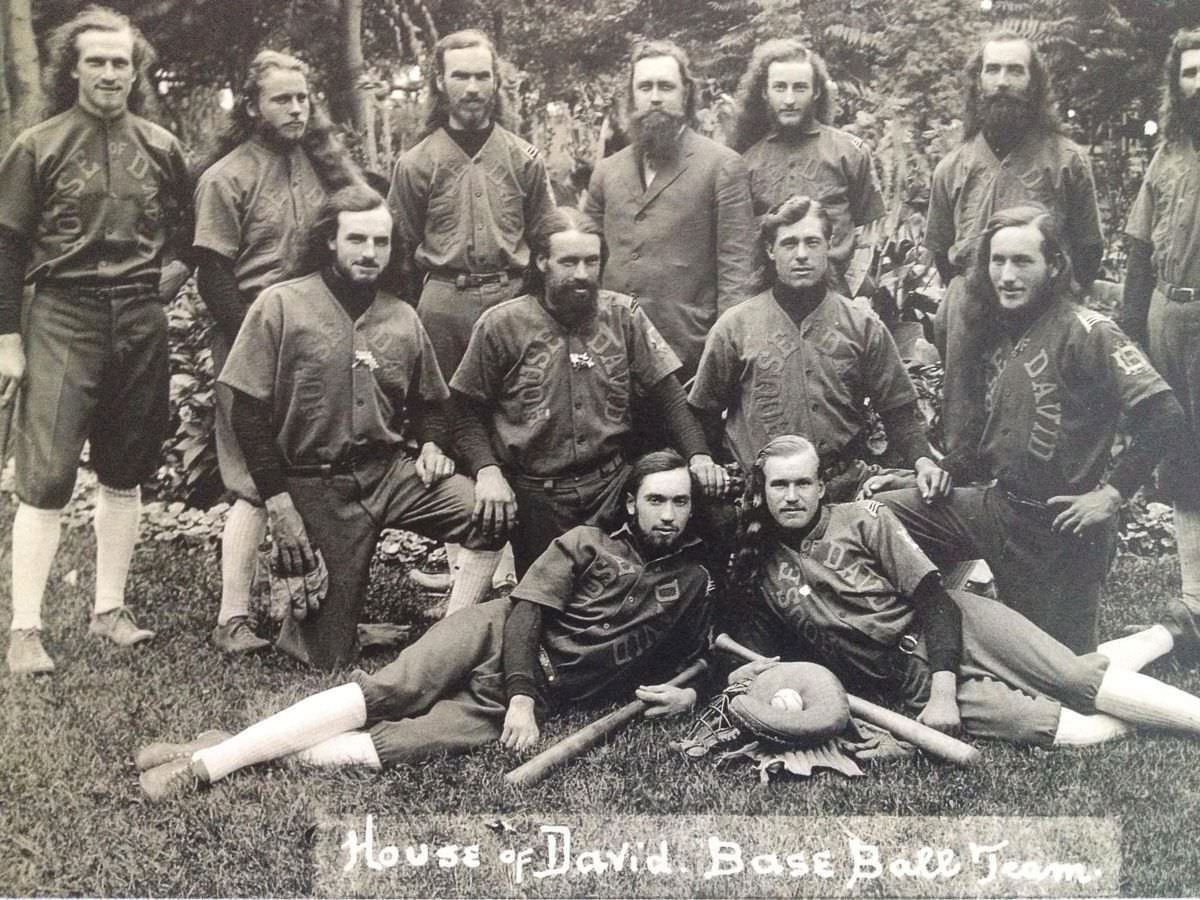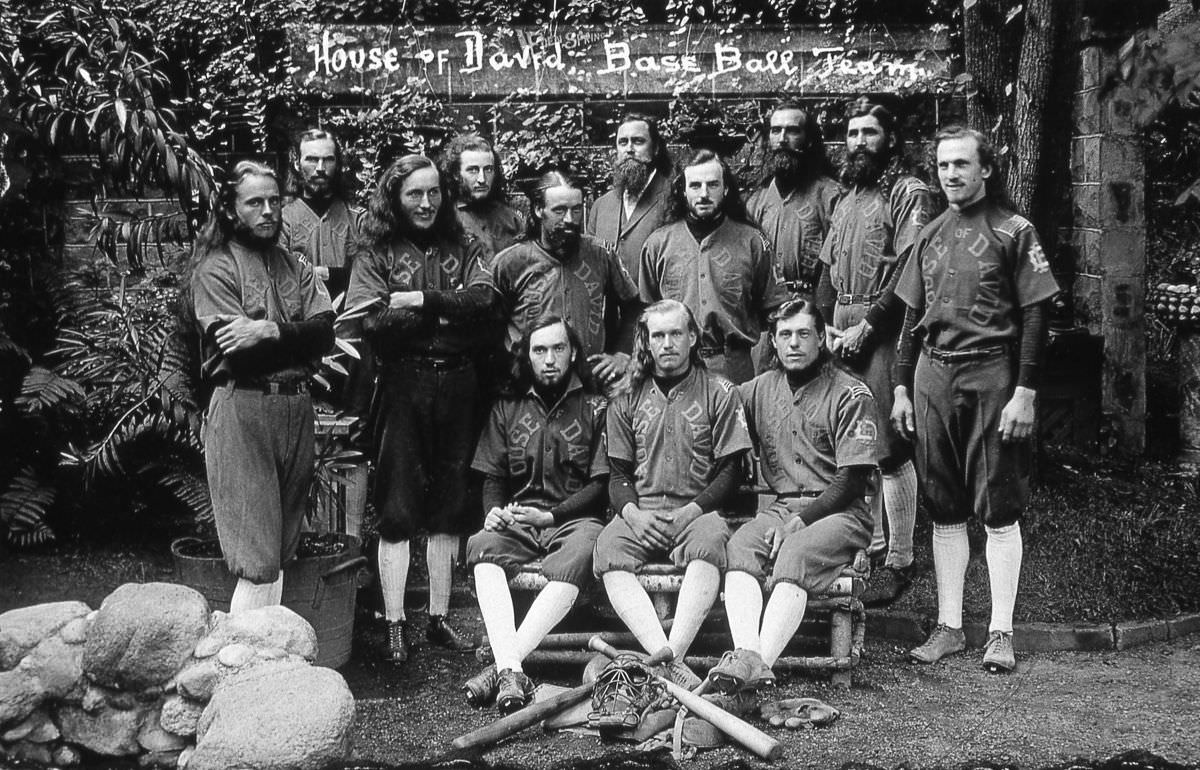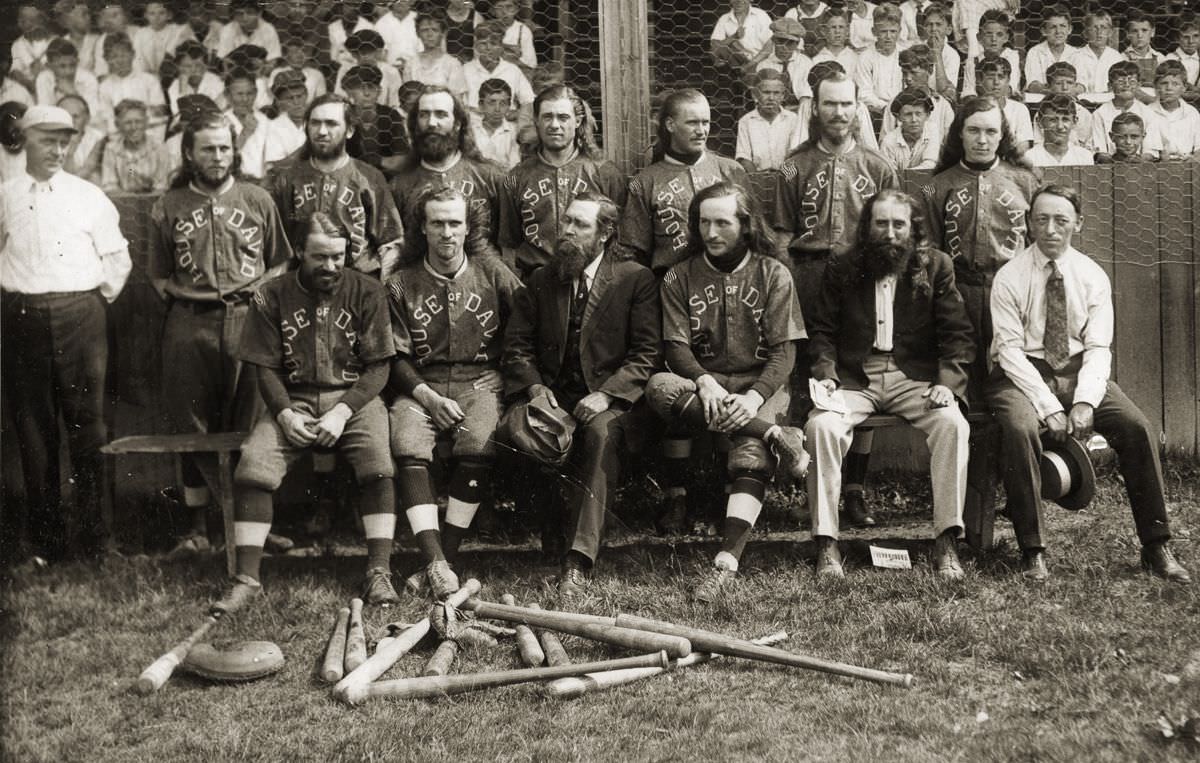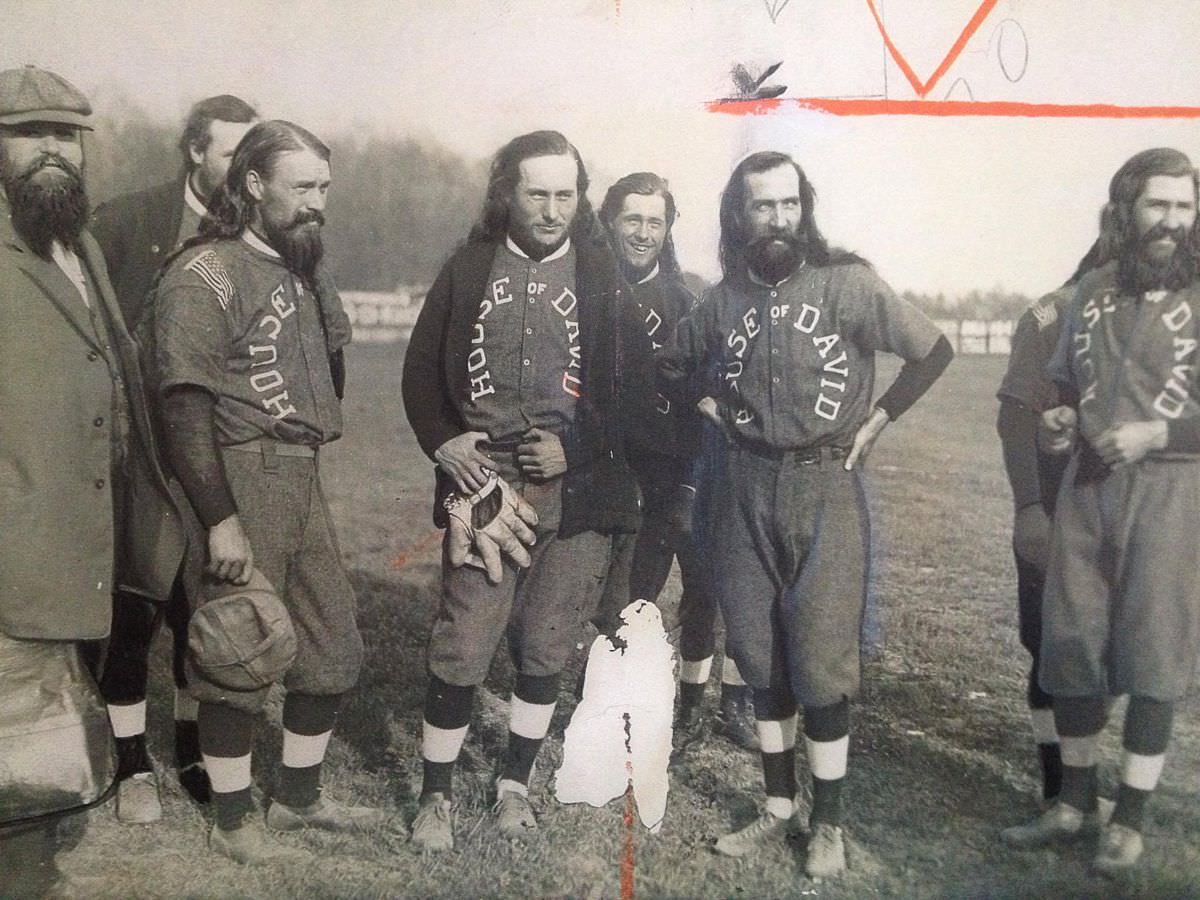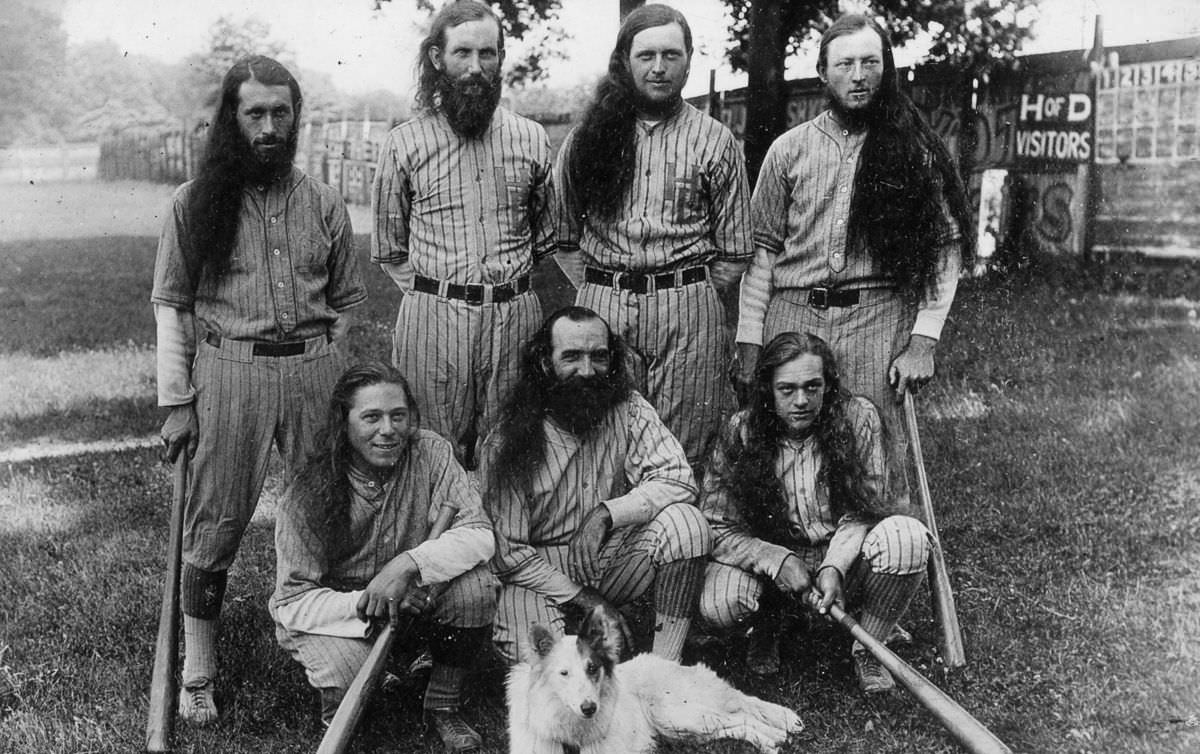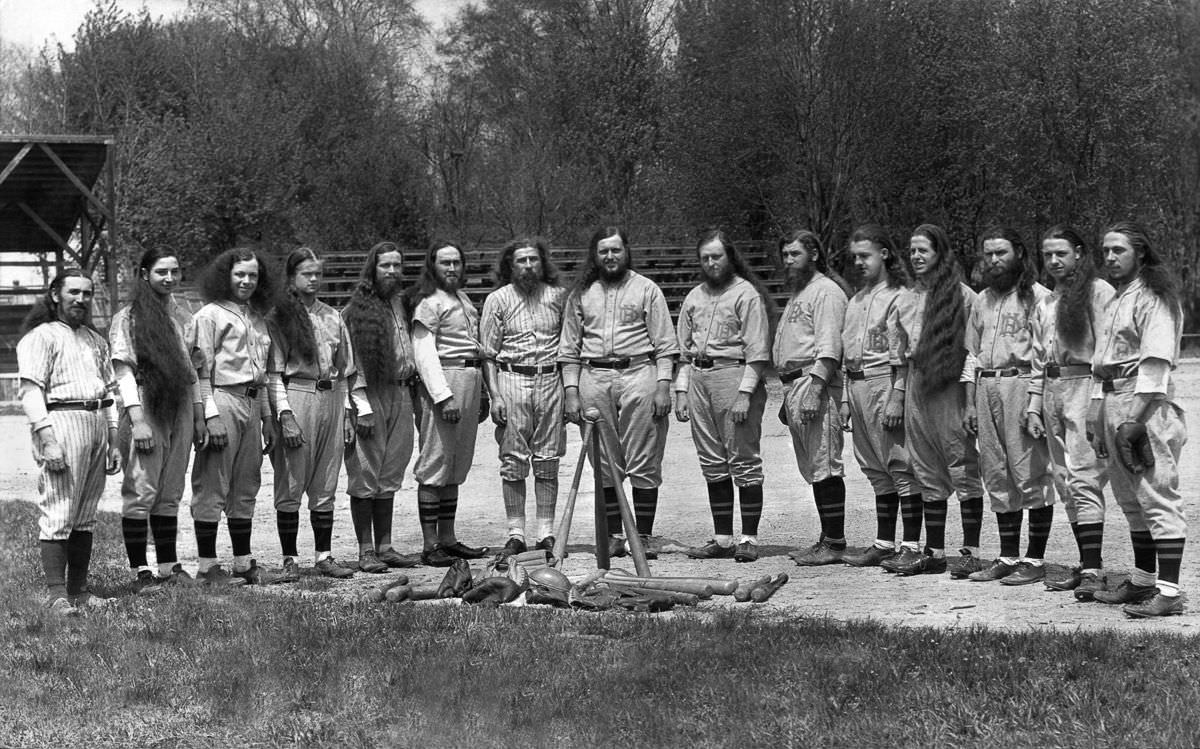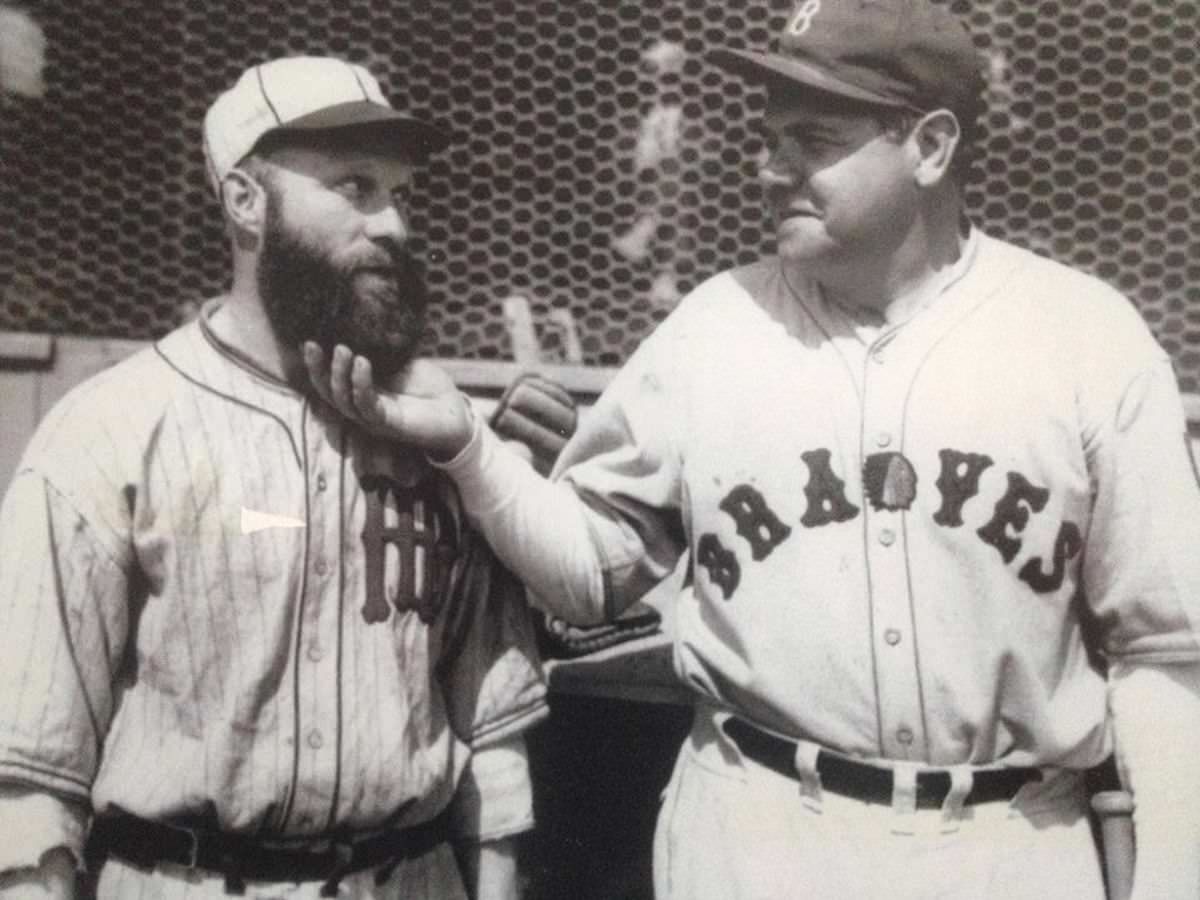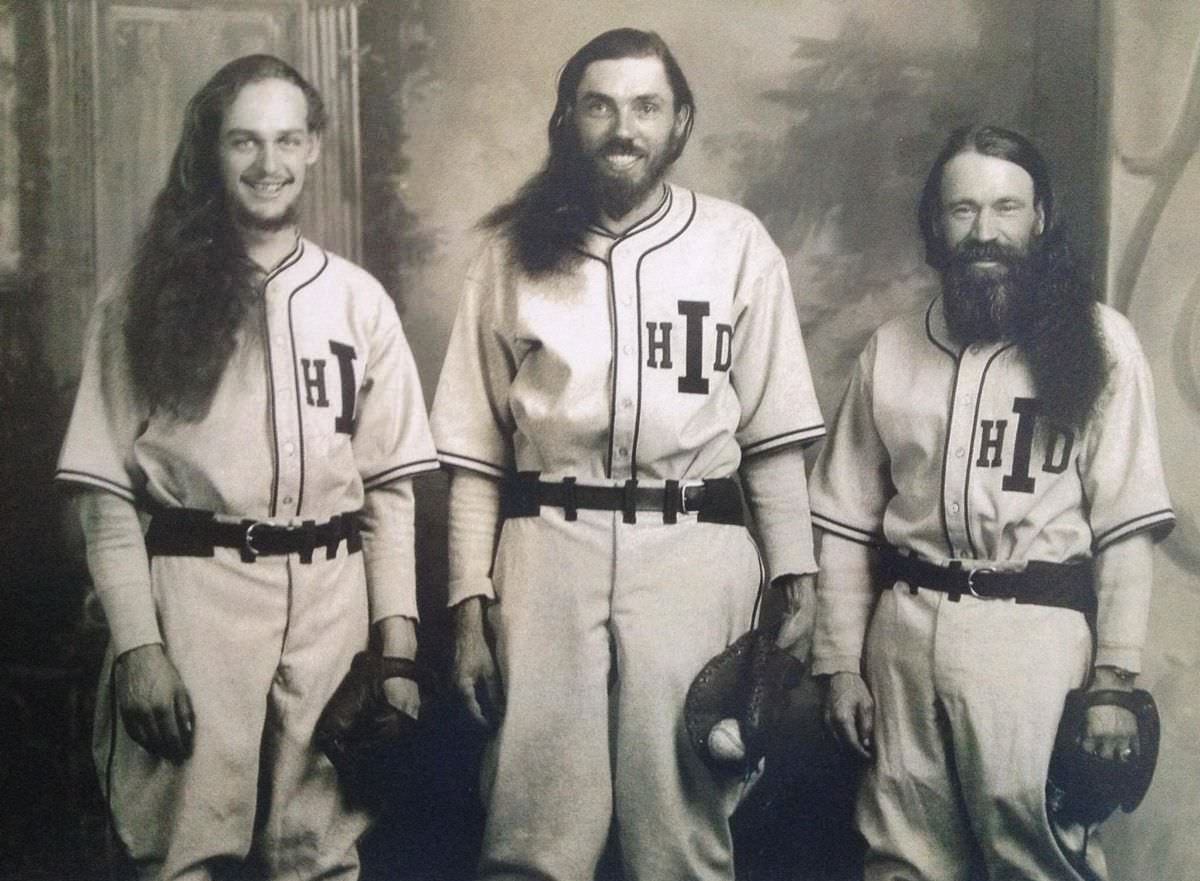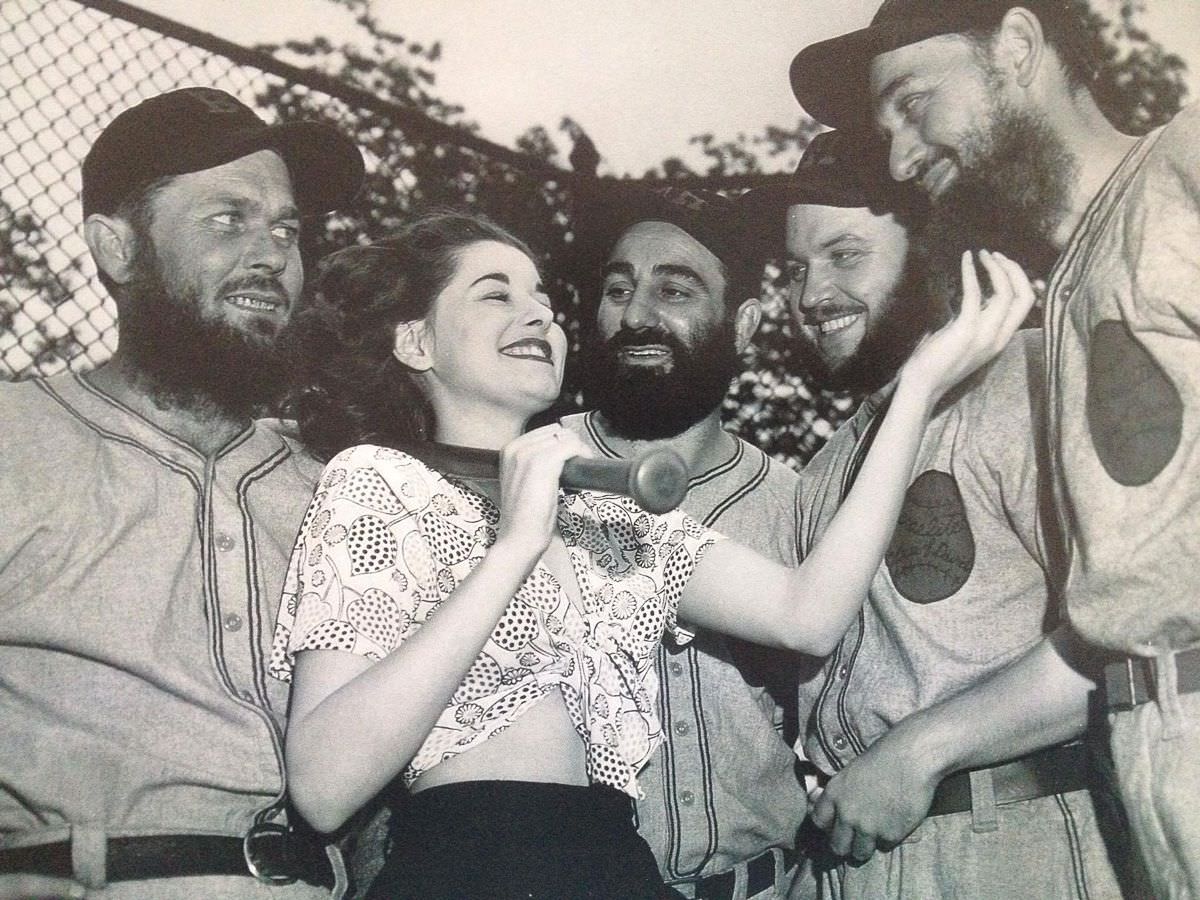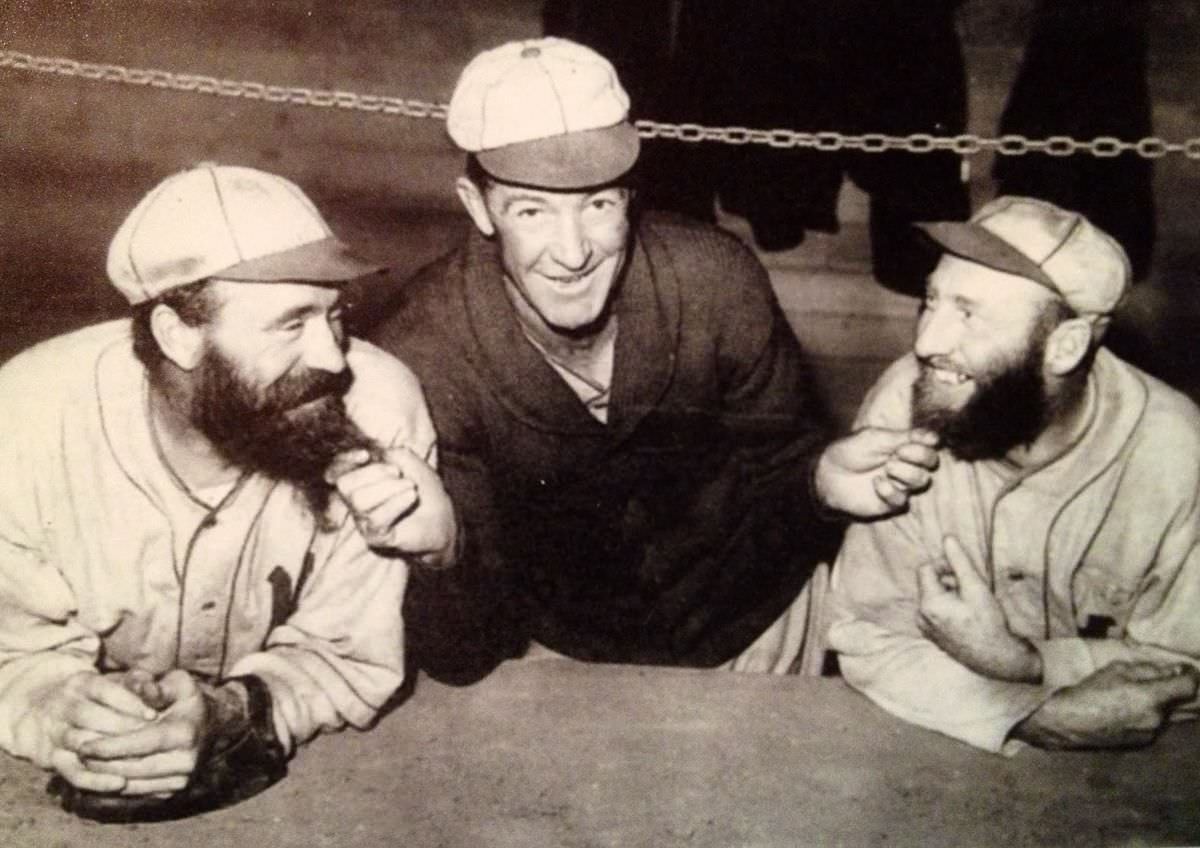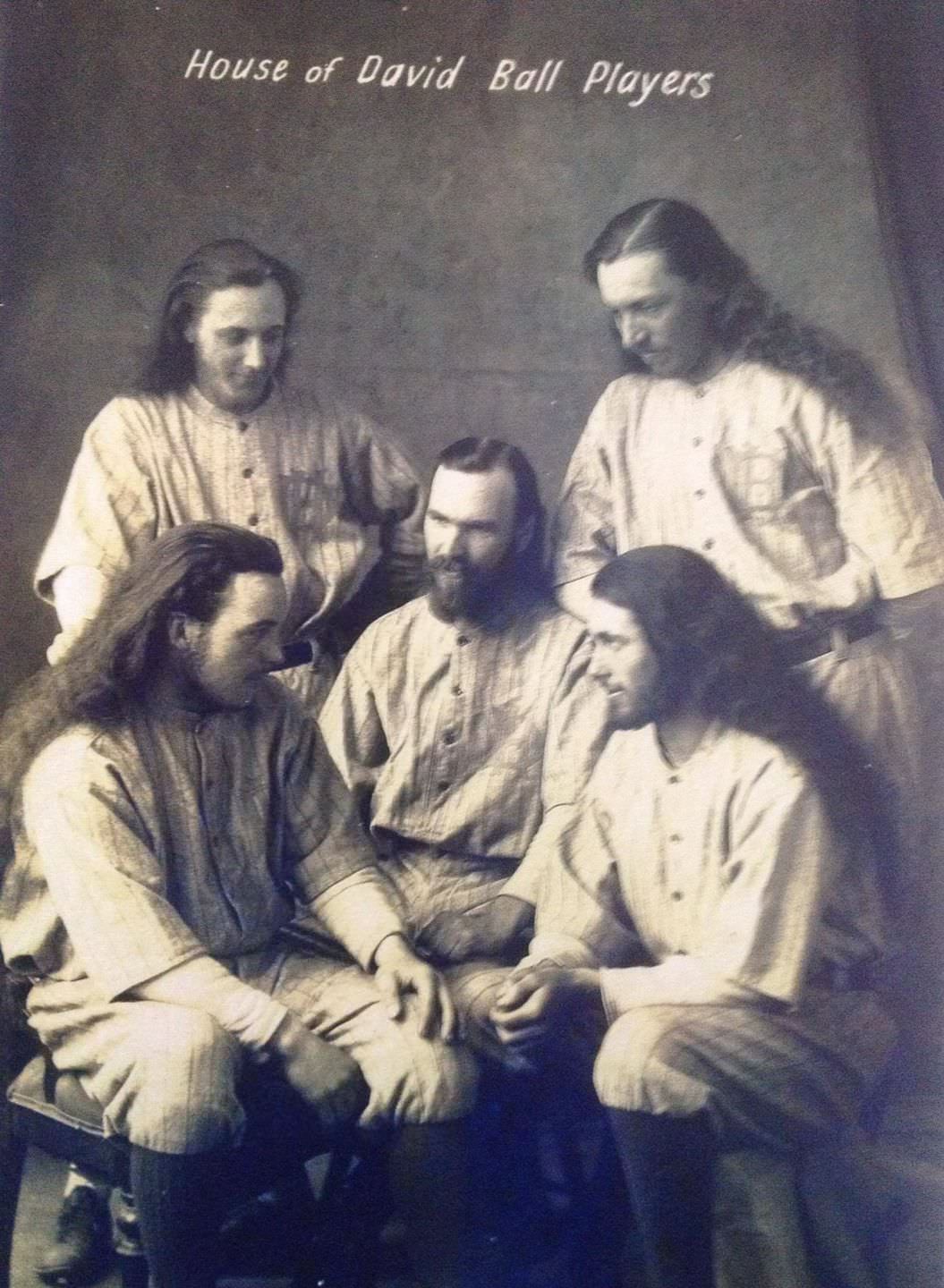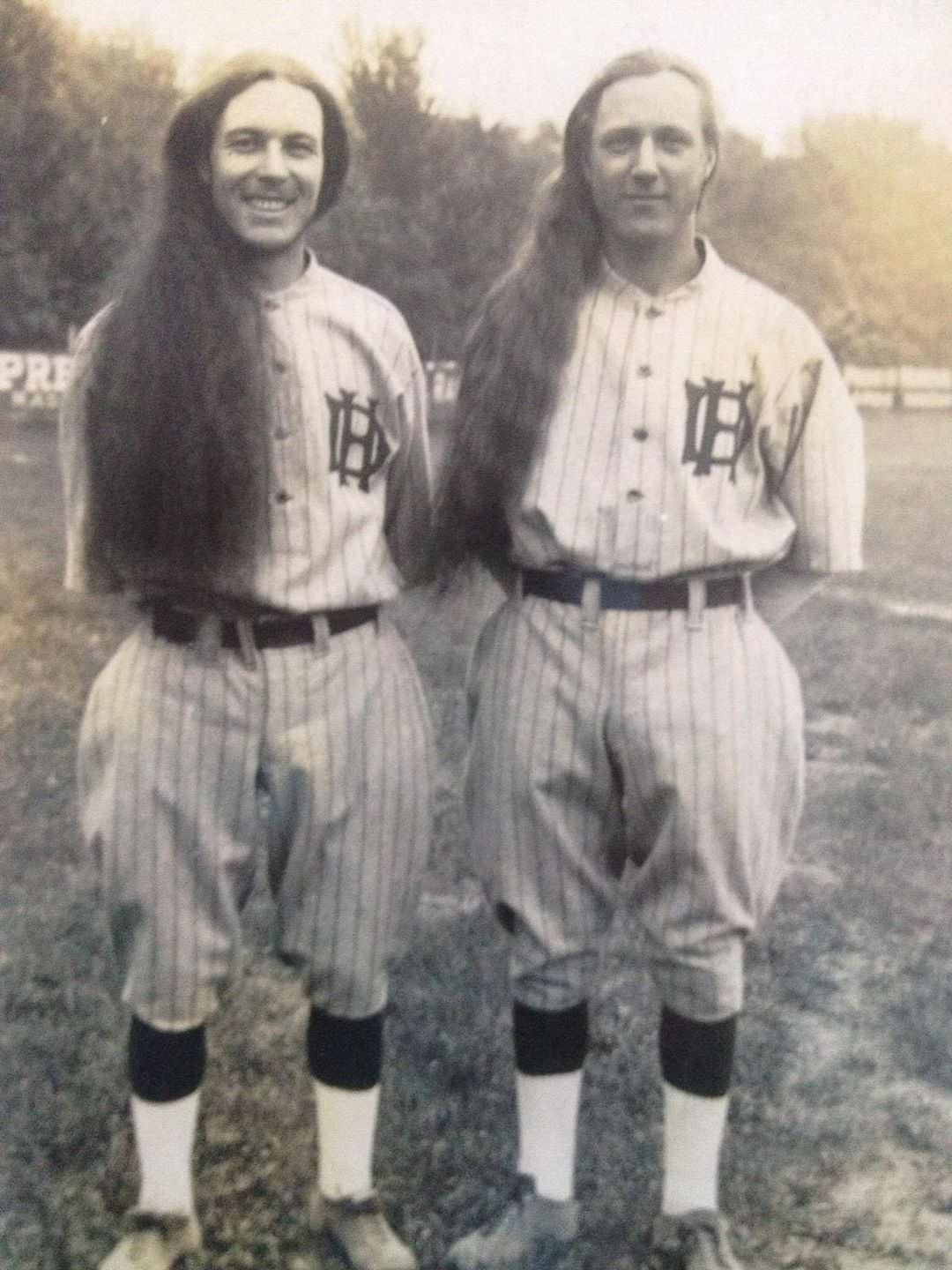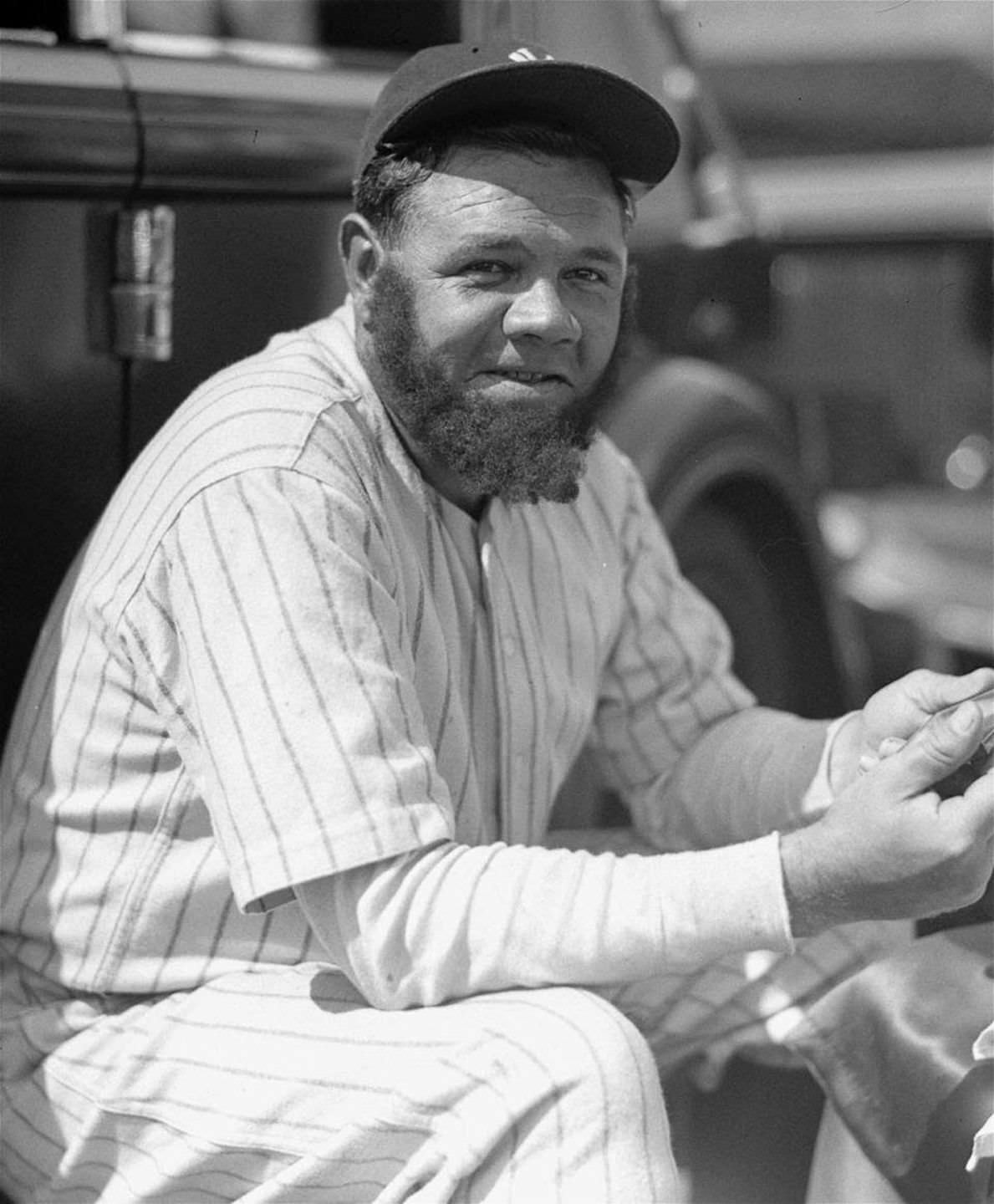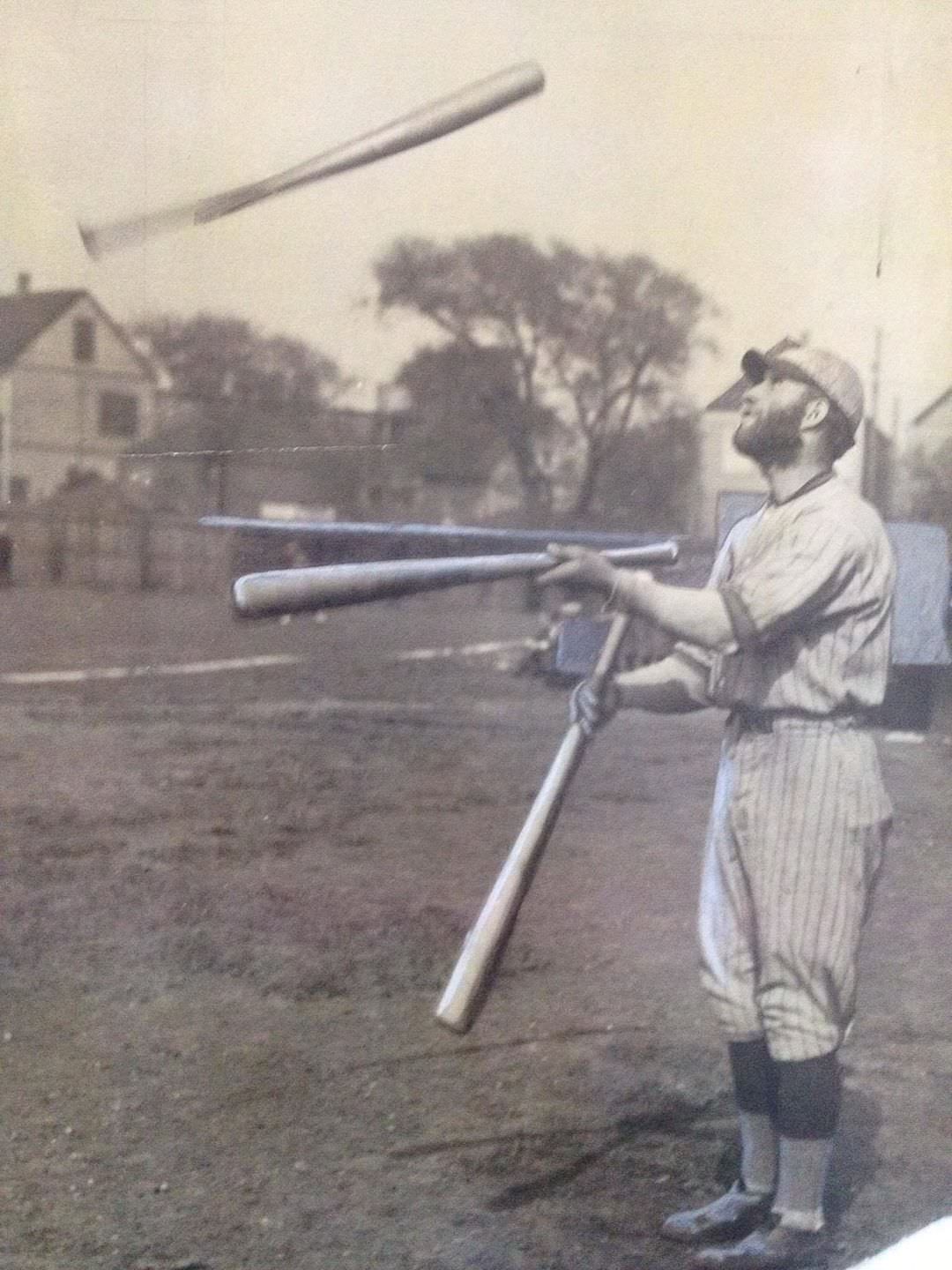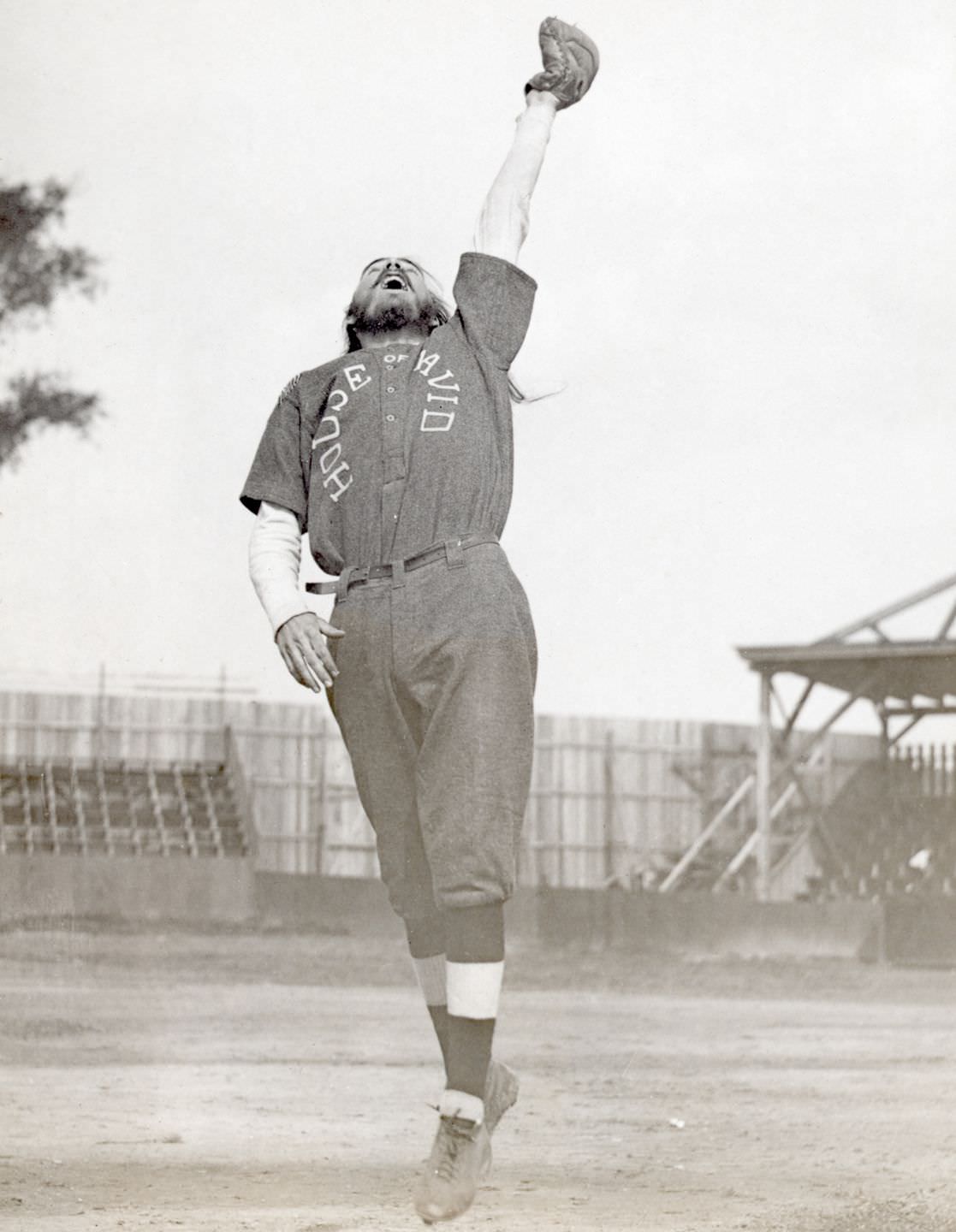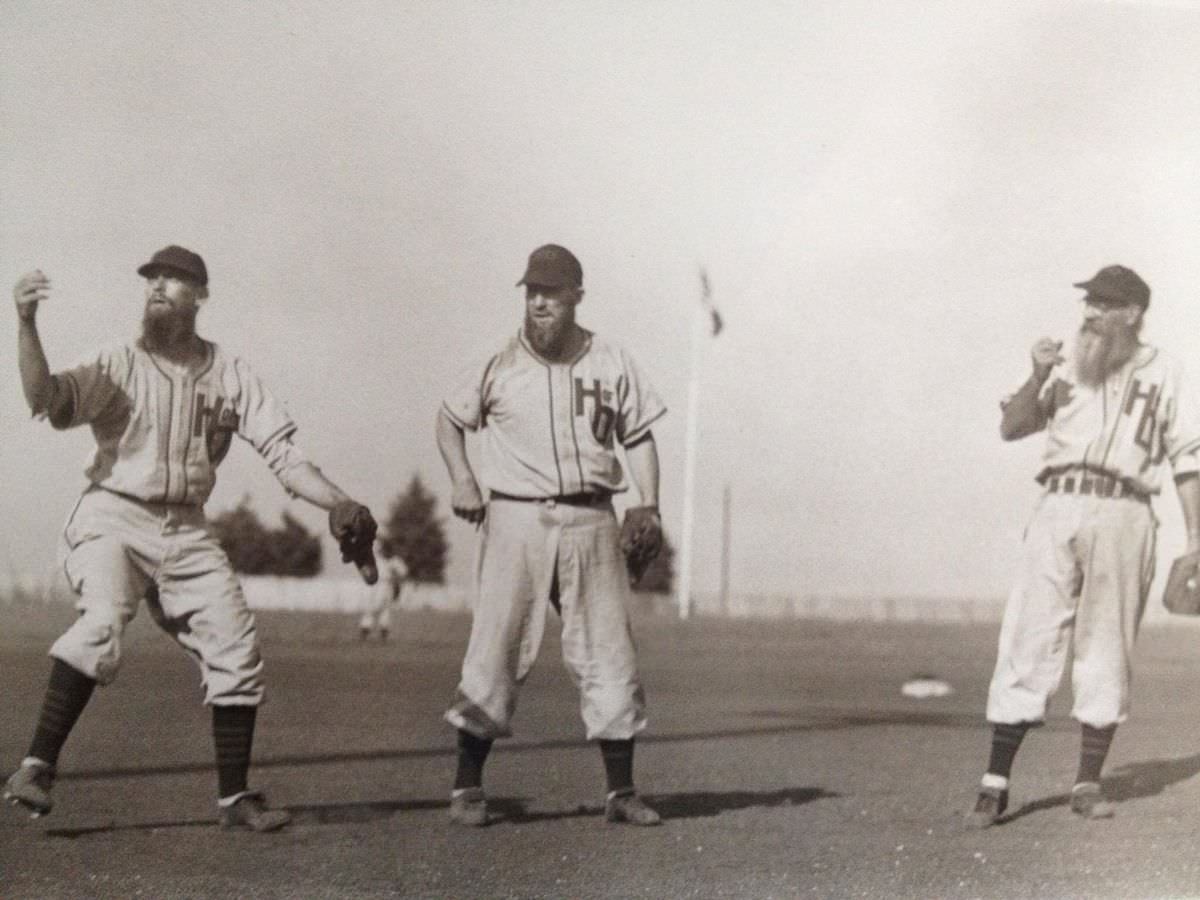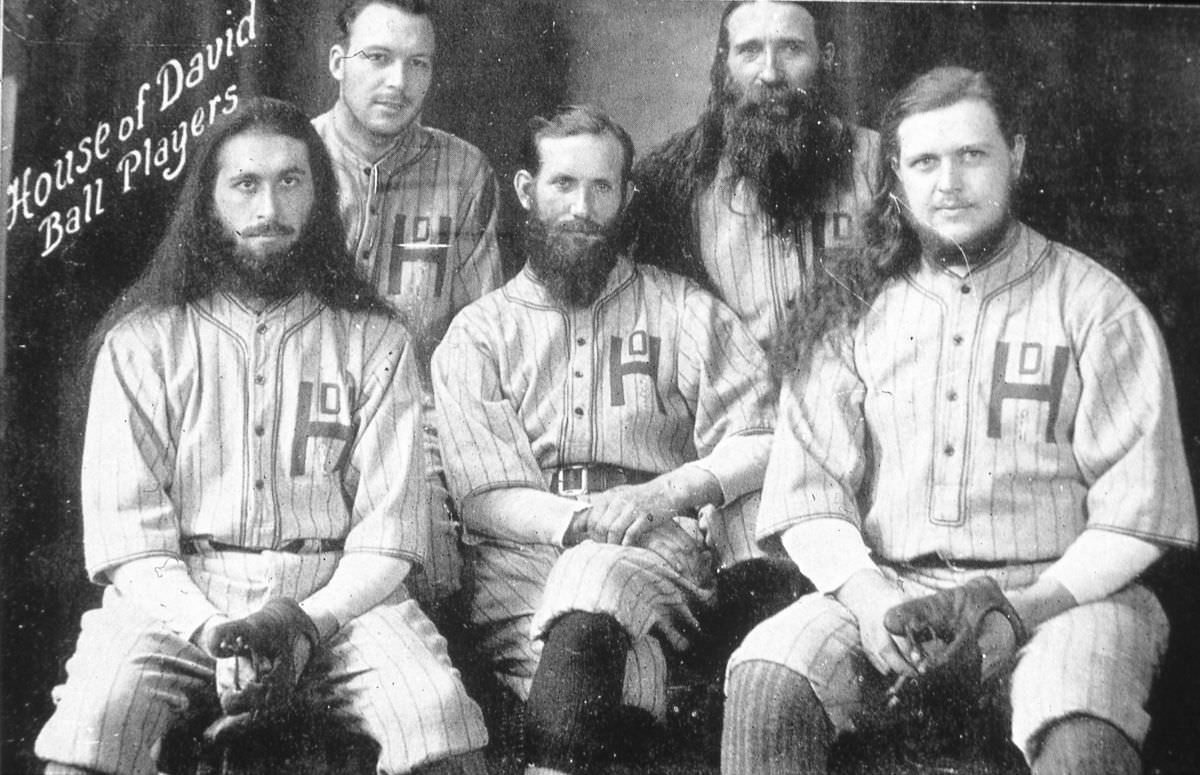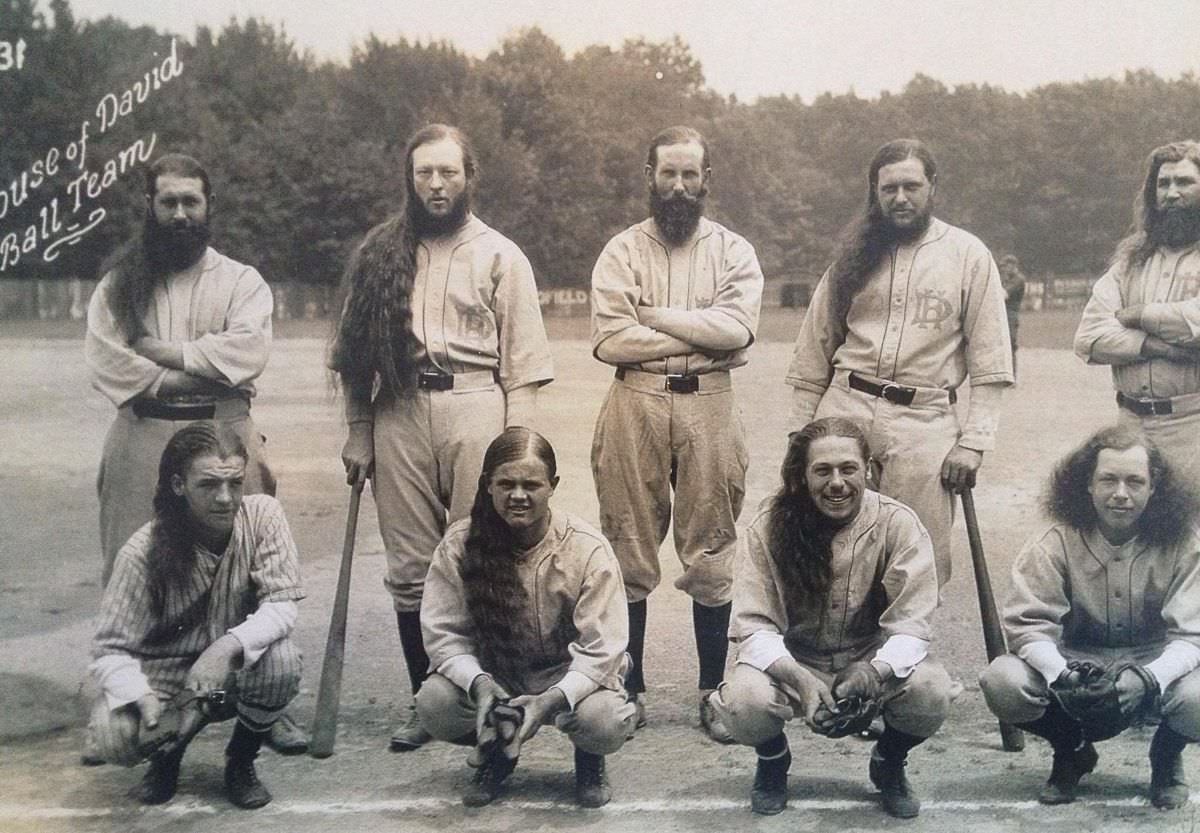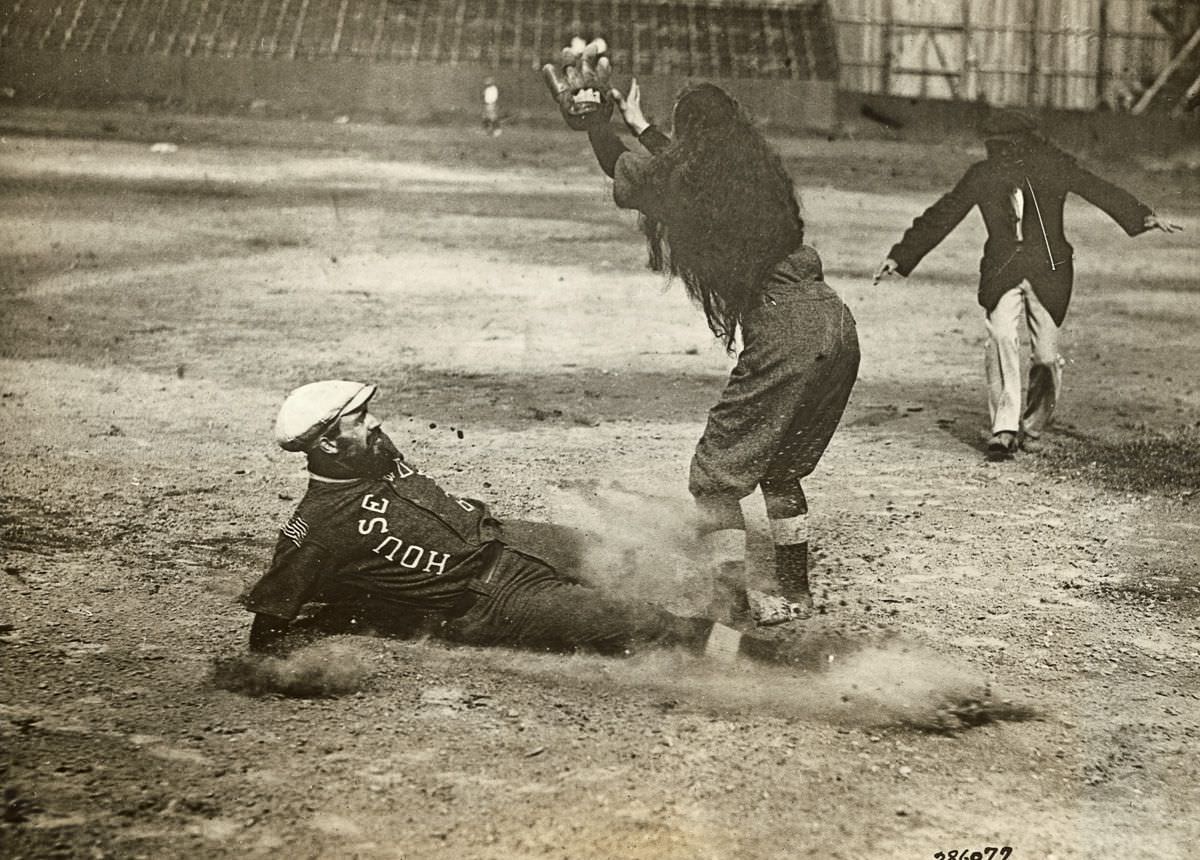Benjamin and Mary Purnell founded the Israelite House of David in Benton Harbor, Michigan, in 1903. Many of the House of David’s characteristics resembled those of a cult: a charismatic leader, apocalyptic beliefs, communal living, and a prohibition of sex, alcohol, and cutting hair. Eden Springs, a vast amusement park, and its shockingly successful baseball teams are the most relevant things anyone remembers about the House of David. A fascinating culture developed in the House of David: its members cultivated grain and harvested fruit. At the same time, the commune had many of the trappings of everyday life, including a tailor, carpenter, and launderer. They were even able to build a small zoo and lush mansions with the wealth they generated. The Purnell Amusement Park made Benton Harbor a top-rated tourist destination. Women were allowed to vote and hold office years before that was true in the broader American society, and that innovative flame illuminated many aspects of commune life.
Founders believed that such activities were beneficial to the mind and body. The commune had started playing competitive baseball in 1914, and within just a few years, the players had established a strict training regimen. Many House of David players began traveling around to play exhibition matches by the 1920s. Although their recognizable beards made them recognizable, the House of David forbade them from cutting their hair; thus, they could no longer play in the major leagues. Although the beard ceiling existed, the teams found great success, and some even employed professional players to grow beards in solidarity with their teammates’ religions.
The House of David team traveled in a bus emblazoned with the name, playing all summer. Driving through upstate New York and then heading north, crossing the border at Niagara Falls, the team toured several provinces in Canada. To play as many games as possible, the team was constantly on the move. On some days, they played three games in a row. Apart from having their travel and hotel costs covered, they received a percentage of the gate, typically $35 to 45 dollars per game, plus $2 per day for meals. They were not paid if a game was rained out. Night games were also played routinely by the team. A truck towing a portable lighting system usually followed the team bus. The mobile system was developed by Harry Huff of Pottsville, Pennsylvania, who worked with the House of David to set up the lights, allowing the team to play different games on many occasions.
While the House of David commune continued until the 1950s, the teams continued to play. After the lurid rape scandal depleted membership, the press devastated the organization. However, the baseball teams and their community heritage are still preserved at the House of David Museum, which highlights everything from the colonies baseball teams to its impressive zoo to its industrial achievements. Saint Joseph is home to this museum, which is unaffiliated with the House of David. Instead, it was initiated by a local history enthusiast, Chris Siriano, who describes the House of David as “a cult… but, you know, a good cult.”


